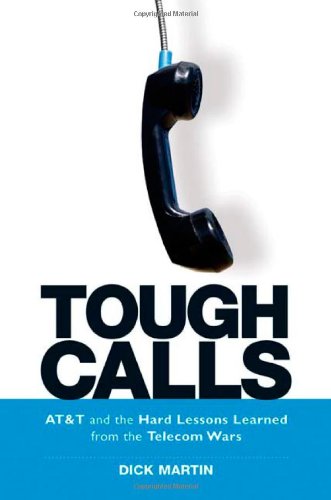Dick Martin9780814472439, 0-8144-7243-5
By all accounts, Lucent should not have succeeded when it split off from AT&T in 1995. The “dreary equipment business” was saddled with several unprofitable operations, and most of the executive leadership would rather have been someplace else. They didn’t even like the name or the new logo. Yet in a few years, the telecommunications company was not just the sixth-largest corporation in America but the world’s most widely held stock-and then just as quickly, it was reduced to barely one-hundreth of its peak value. What happened? Endlich (Goldman, Sachs: The Culture of Success) is careful to distinguish Lucent’s collapse from the illegal activities that took place at Enron, Tyco and other companies in the late 1990s, explaining that the firm’s accounting tactics were “legal and defensible but inadvisable. She also demonstrates that the warning signs were visible early, from an excessive growth in receivables to a series of risky loans to other telecom companies. She focuses almost exclusively on Lucent’s internal drama, documenting the company’s failure to live up to the reputation for innovation set by Bell Labs and the unresolved tensions among top brass that compounded early financial difficulties. Though lacking in juicy scandal, this straightforward account holds its own against other recent tales of corporate downfall. | |

Reviews
There are no reviews yet.